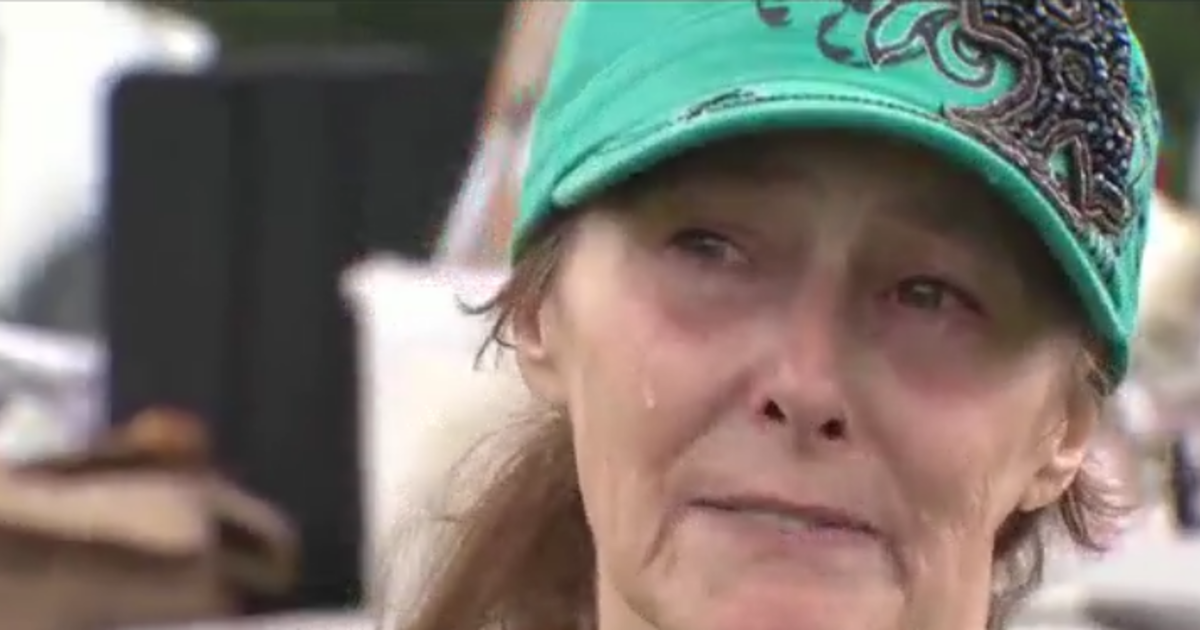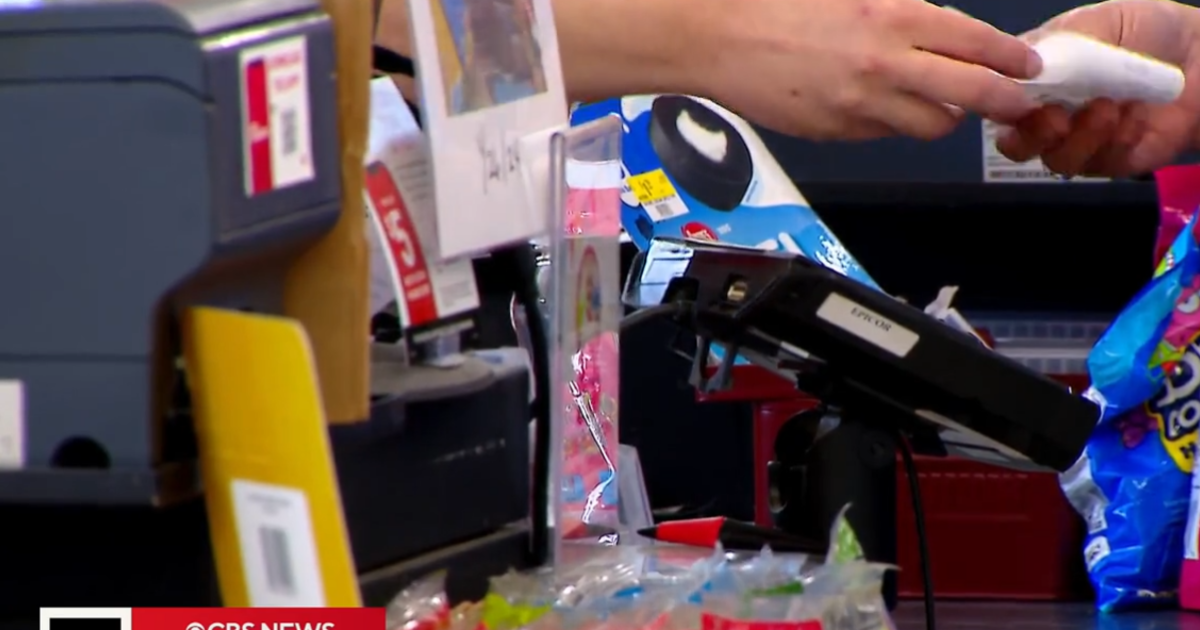North Texas family trying to reunite with nieces through refugee program
NORTH TEXAS – A family torn apart by war in Africa hopes to finally be reunited in North Texas through a government program that allows private citizens to sponsor refugees.
Jacob Mabil and his wife Akuot Leek work hard to give their four kids the kind of childhood that was stolen from them.
"What they have here is unlike what we went through," Leek said. "Life is pretty easy for them – from toys to food to clothing, shelter, all those kinds of things. When I was their age, instead of worrying what I was going to get for my birthday, I worried about how to make it to the next day or if I was going to eat."
War in South Sudan forced Leek and her family into a refugee camp in Uganda.
Mabil became part of the group of children known as the "Lost Boys." They walked hundreds of miles to escape violence, all on their own.
"I don't know how I made it," Mabil said. "Being without a mother, father at eight years old. I can't imagine my son, who's 10 years old, living without us here. It was really, really bad for us."
Mabil finally made it to a refugee camp in Kenya, where he lived for almost a decade until he got the opportunity to come to the U.S.
"America is the land of opportunity, and it's safe," he said. "So I don't have to worry, running from country to country. That's what I was hoping."
He was able to go to college, get his degree, and build a family with Leek, who immigrated to America separately.
Mabil finally convinced his mother to join them in Haslet a few years ago, but she had to leave behind two grandchildren – Mabil's nieces, who are now teenagers.
"We want a future for them," Leek said. "We want them to someday come to the U.S. and be able to go to school, choose for themselves who they want to marry. The fact that they're girls, we are kind of worried about their situation. They're at the age where they could be married off, and we're not there to protect them or to be there for them."
Thanks to a new program called Welcome Corps, they may get the opportunity to join their family in Texas. Americans can sign up to sponsor refugees from anywhere in the world.
"They still have to go through the interviews with the U.S. government, the security checks, the medical exams, the whole process, before they arrive," said Sasha Chanoff, founder and CEO of RefugePoint, an organization that finds lasting solutions for refugees in life threatening circumstances. "We need legal migration pathways for people to get to safety. If we don't have those, more and more will risk their lives in dangerous journeys."
Welcome Corps is a way not just to reunite families like Mabil's, but to also bring Afghan allies and families impacted by the war in Ukraine to safety. The Biden Administration has created sponsorship pathways for Cubans, Haitians, Nicaraguans, and Venezuelans as well.
"Private sponsorship helps to cut down on the people coming to the border, helps to alleviate strain on communities that weren't expecting new arrivals because it's a planned process," Chanoff said. "People don't have to risk their lives."
Hundreds of thousands of Americans in all 50 states have taken steps to welcome refugees seeking safety in the U.S.
Sponsors must form groups of five people or more, fill out a welcome plan, and go through training. They're responsible for helping the refugees navigate their new communities. Groups must raise a minimum of $2,375 in cash and in-kind contributions per refugee newcomer being welcomed, which is used to secure and furnish housing and provide for people's initial basic needs during the three-month support period, while the newcomer secures employment.
"This really unites people around a common purpose at a time when there is such divisive talk about immigration and our sense of common purpose is so badly frayed or destroyed," Chanoff said. "Yet here's something that crosses religious and political divides."
Mabil, his wife, and his mother have already formed a sponsorship group with two family friends to start the process for his nieces. He has hope he will finally be able to bring his family under one roof after decades apart.
"Welcome Corps is a great way to help," he said. "It can help people who are in need. If you know them or don't know anyone, just invite them. Invite them to have that opportunity. You will save their life."




